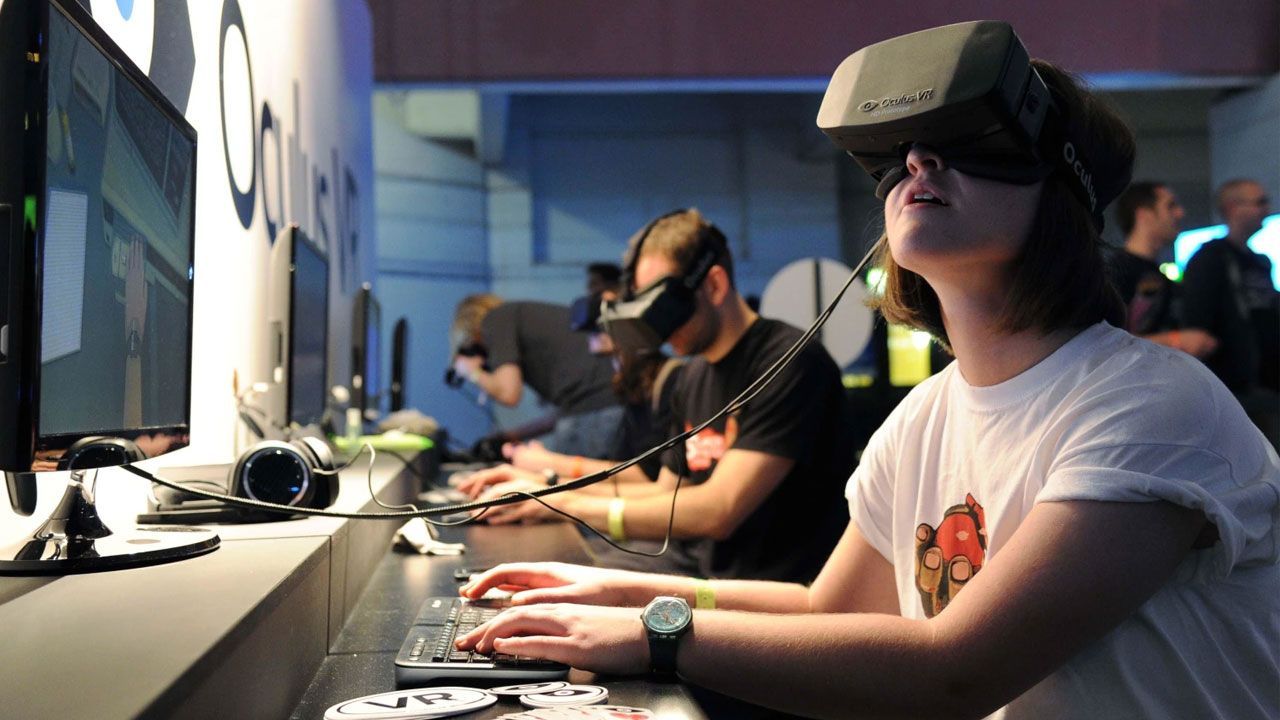Dragon Ball FighterZ - How to Perform All Dramatic Finishers, Dramatic Openings, and Unique Attacks
Special easter eggs hidden in Dragon Ball FighterZ
by Grayshadow on Feb 03, 2018
Virtual reality (VR) has emerged as a groundbreaking technology with immense potential to transform various industries, including gaming. By providing immersive experiences that blur the line between the real and virtual worlds, VR has revolutionized the way people engage with digital entertainment. In this article, we will explore the impact of virtual reality on gaming, its current state, and the future possibilities it holds.

One of the most significant contributions of virtual reality to gaming is the unparalleled level of immersion it offers. With VR headsets and motion controllers, players can step into a virtual environment and interact with it in a way that was previously unimaginable. Whether it's exploring a fantasy world, engaging in intense combat, or solving puzzles, VR gaming provides a sense of presence and realism that traditional gaming platforms cannot match.
The immersive experiences offered by VR gaming have captivated players and opened up new avenues for game developers to unleash their creativity. Game designers can now create rich, lifelike environments and intricate gameplay mechanics that fully utilize the capabilities of virtual reality. From horror games that send shivers down your spine to awe-inspiring adventures that transport you to distant lands, VR gaming offers an unprecedented level of engagement and emotional connection.
Moreover, virtual reality has the potential to make gaming more inclusive and accessible to a wider audience. Traditional gaming setups often require complex controls and can be intimidating for newcomers. VR, on the other hand, provides a more intuitive and natural way to interact with games through hand gestures and body movements. This simplicity and immersive nature of VR gaming can attract people who might have been hesitant to explore traditional gaming platforms, thereby expanding the gaming community.
As technology continues to advance, the future possibilities of virtual reality in gaming are limitless. We can expect improvements in graphics and resolution, leading to even more realistic and visually stunning virtual worlds. Additionally, advancements in haptic feedback systems will enhance the sense of touch, allowing players to feel the virtual environment and objects within it. This could range from feeling the impact of a punch in a boxing game to sensing the texture of virtual objects.
Furthermore, the potential for social interaction in VR gaming is immense. Multiplayer experiences in virtual reality can enable players from around the world to come together in shared virtual spaces, fostering collaboration and competition in entirely new ways. Imagine teaming up with friends in a cooperative VR game or participating in massive virtual tournaments where players from different continents compete for glory.
However, challenges remain in the widespread adoption of virtual reality gaming. The cost of VR equipment, the need for powerful hardware, and concerns regarding motion sickness are factors that currently limit the accessibility and adoption of VR gaming. Overcoming these obstacles will require continued technological advancements, improved affordability, and the development of more comfortable and user-friendly VR hardware.
In conclusion, virtual reality has had a profound impact on gaming by providing immersive experiences that transport players into virtual worlds. With its potential to revolutionize gameplay, make gaming more inclusive, and create unprecedented social interactions, virtual reality is shaping the future of the gaming industry. As technology progresses and barriers are overcome, we can anticipate even more exciting and transformative developments in VR gaming, offering endless possibilities for players and game developers alike.
Subscriber, NoobFeed
Latest Articles
No Data.

